Ned Breslin: Shifting Gears — Promoting Potential, Not Poverty, Is Positive Pledge for World Water Day
We need a mind shift this World Water Day; a transformation in how we think about and the approach we take to getting the message out to the world about water on this one day. And the shift is long overdue.

I get so much inspiration from worldwide efforts to eradicate polio, and I love the ambition of other health-based efforts to stamp out the scourges of malaria, tuberculosis, HIV/Aids, and neglected tropical diseases.
Like our allies in the health field, let’s think big in the water sector for World Water Day 2012.
We have heard the challenges in water supply far too often — billions without water and sanitation; lost school days while girls fetch water; thousands of children dying each day — but, though these narratives and stats are all true, they should not be the focus. Rather, we should turn our methodology around, because we no longer believe that these negatively focused statistics are compelling or even necessary to tell the world’s water story.
Our story should, instead, be one of hope and possibility, as we have seen what lasting water and sanitation solutions can do to change lives.
We have marveled at girls like Rosa, who is now almost five years old and has never tasted dirty water because her father, David, has kept their Honduran community water supply flowing since before Rosa was born. Likewise, we have been moved by Beatrice in Chikhwawa, Malawi, who has made it her life’s goal to ensure that her daughter, Gertrude, has safe water every day by committing to pay her water tariff every month to keep the water flowing. As such, Gertrude now has the chance to take charge of her life and to play soccer with her cousin, rather than spend all day collecting water.
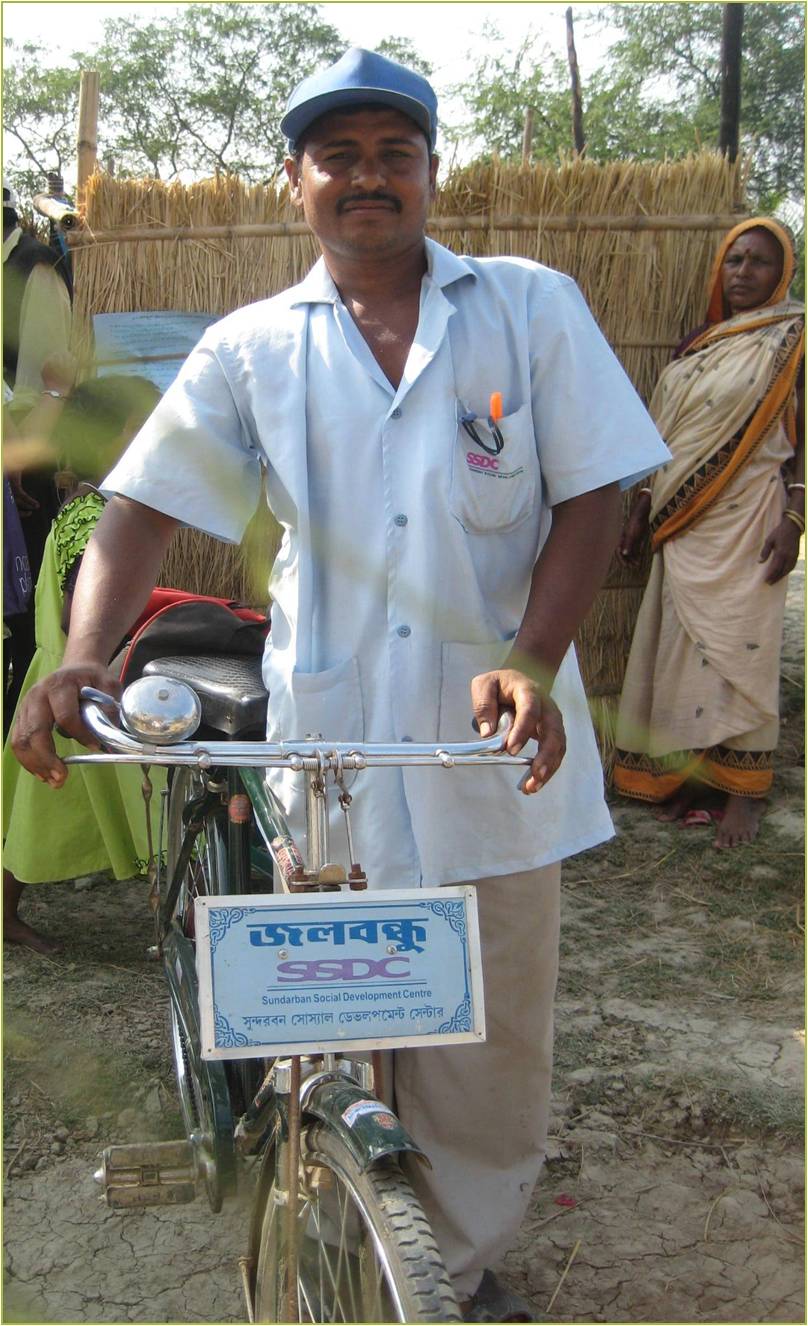
We have watched the steady business growth for mobile mechanics, like Dipak, who offers reliable service and keeps water flowing in West Bengal, India. Furthermore, we have laughed with a water committee in rural India who has just replaced their community’s old hand pump with a new water system to meet growing demand — all with their own money. We have been celebrated with a Tiraque village in rural Bolivia that has re-invested its earnings from water tariffs into two new springs that have increased their water system’s capacity, allowing the management team to service more families. All done without any external support. All done with an eye on sustainability of supplies.
Like our partners and friends around the globe, we want to dream big — show how water empowers and changes lives; leave the narrative of disease and poverty behind — because philanthropy based on guilt will not solve the global water crisis. Good programming and bold outcomes-based programming stands a much better chance.
As such, Water For People’s pledge this World Water Day is to focus on how water empowers, not demeans, people. (See below for more details on our pledge.) We will focus on how flowing water can create the conditions for EVERYONE to enjoy their rights as human beings, enabling them to play their part in making their own future better FOREVER.
We cannot deny anyone that chance.
So, though you will hear too many depressing stories and statistics from around the world today, know that it doesn’t have to be that way. There is hope, there are opportunities, and there is a way to bring about change.
———————————————————————————————————————-
Water For People’s Pledge for World Water Day 2012
One that does not sell poverty to promote the cause but, instead, builds upon the successes we have clearly seen. One that acknowledges the potential that we know exists to eradicate this solvable problem with a bold, outcomes-based program that is grounded in reality and honesty. One that calls for a renewed partnership to end water and sanitation poverty FOREVER.
As such, Water For People sets these markers of our work, under the banner of EVERYONE FOREVER:
- We will focus our work in at least 30 districts across Africa, India, and Latin America, and we will work to bring each of these districts to full water coverage within five years – ensuring every family, every school, and every clinic/health post has improved access to water. We will report openly and honestly about any family, any school and any clinic that does not benefit from this program, and we will learn and adjust our work based on those results.
- We will use our finances as catalysts, by not giving our country programs 100 percent of the money to achieve the EVERYONE goal established in the first bullet point. Instead, we willhelp district governments to allocate portions of their own budgets for improved water supply within their communities.. We will also insist that all communities put money on the table for their improved water systems, and we will report on the results of this effort. This goal is based on our experience, which has been that districts and communities can and will make financial contributions to their own development, which helps to ensure community ownership and responsibility.
- We will monitor the work and publish the data on results — good and bad — openly and publicly for at least 10 years after the work is finished. This is vital to learning what works and what does not work, and thus it will help us to become a better organization in the long run. At the end of the year, we will be launching our “Re-imagining Reporting” platform that we hope will offer insights into new ways for our organization and others in the WASH sector to be more transparent, with a focus on outcomes and not only on how the money was spent.
- We will be held accountable for the following result in the 30 districts mentioned in the first bullet point: our program will only be considered a success if these districts never again need another international NGO to help them with their water challenges. Isn’t that the point of philanthropy? Philanthropy is designed to intervene and fundamentally address a societal challenge so that the challenge is resolved — completely. So let’s, as an organization accept the responsibility that this entails. And you, as the public and as the fiduciary sponsors, should hold us accountable.
- We will leverage the work in these 30 districts to spread Everyone Forever to other districts in the countries where we work. We will work to find a way to support national governments in at least one country in Central America, one country in South America, one country in Africa, and one state in India to bring Everyone Forever to scale under their leadership. We will continue to de-brand our work and to work in the background (but still be held to these results), so that countries, districts, and communities can focus on their own successes and see their achievements in eradicating water poverty, without Water For People logos getting in their way.
This transformative and paradigm shift is our pledge on World Water Day 2012. Hold us to it.
Ned Breslin
Follow Ned Breslin on Twitter.
Learn more about Water For People’s EVERYONE FOREVER commitment.

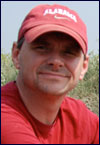
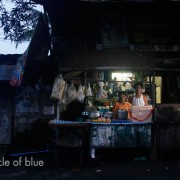


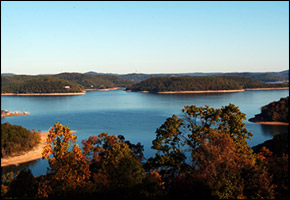
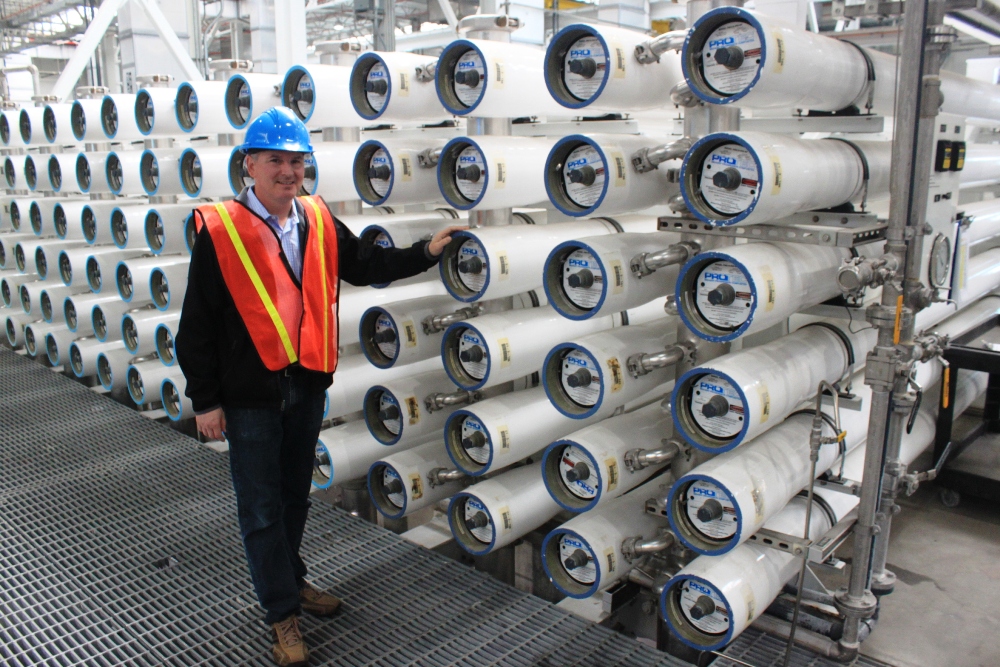


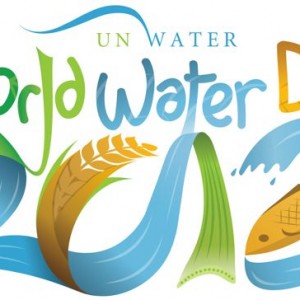
Leave a Reply
Want to join the discussion?Feel free to contribute!